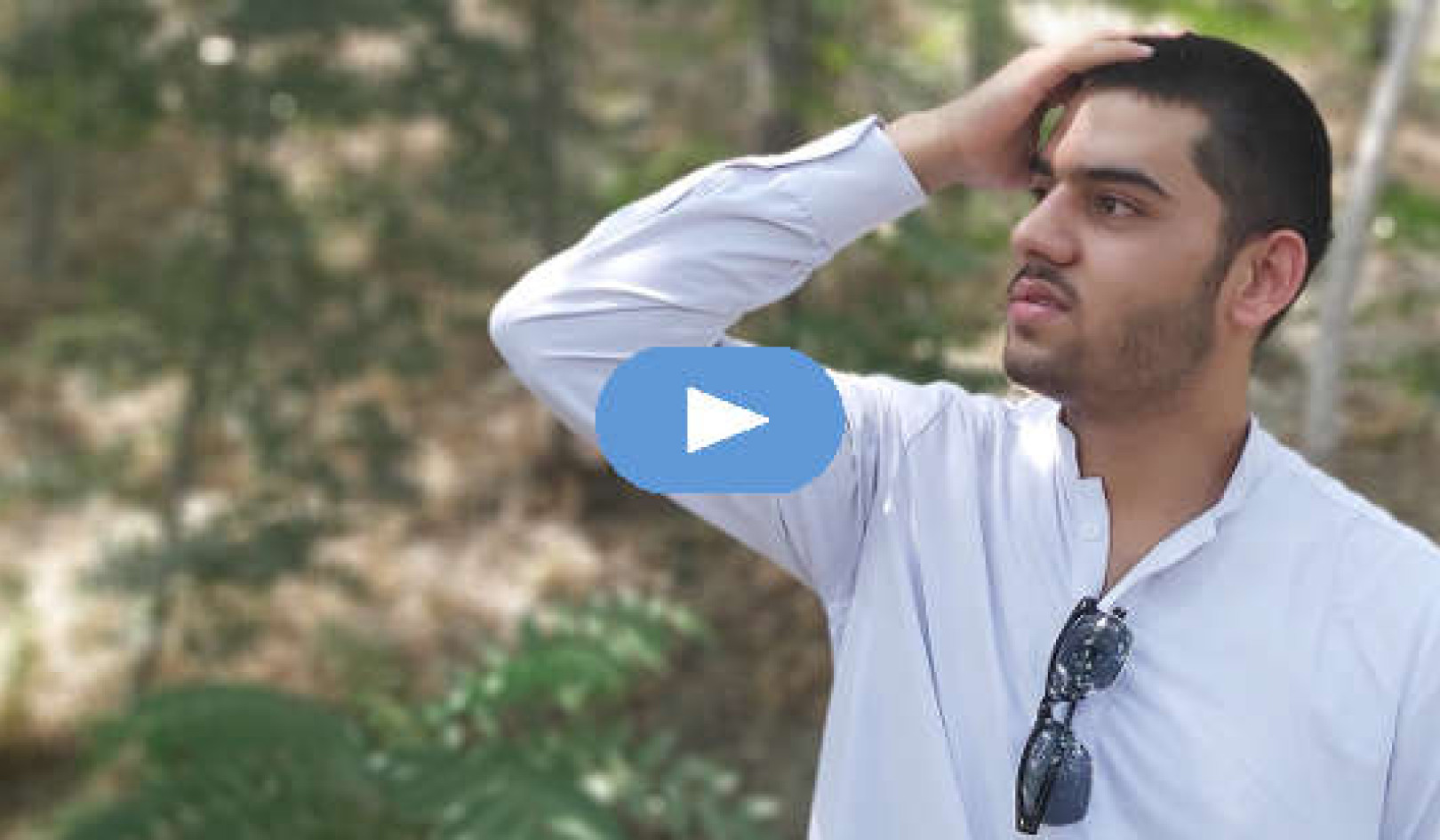 We wrongly assume that other people are somewhat indifferent towards us, so we avoid more intimate conversation, thinking it would be awkward, But we'd likely be happier if we dug deeper when we're interacting with others
We wrongly assume that other people are somewhat indifferent towards us, so we avoid more intimate conversation, thinking it would be awkward, But we'd likely be happier if we dug deeper when we're interacting with others
Article
People benefit from deep conversations, but we often stick to small talk with strangers because we underestimate how much they’re interested in our lives, according to new research.
The findings have important practical implications, especially as the pandemic wanes and people become more social again.
“People care about what we have to say, just as we care about what they have to say.”
“We wrongly assume that other people are somewhat indifferent towards us, so we avoid more intimate conversation, thinking it would be awkward,” says coauthor Amit Kumar, an assistant professor of marketing at the University of Texas at Austin’s McCombs School of Business. “But we’d likely be happier if we dug deeper when we’re interacting with others.”
For the study, which appears in the Journal of Personality and Social Psychology, researchers designed a series of 12 experiments with more than 1,800 total participants. The researchers asked pairs of people—mainly strangers—to discuss either relatively deep or shallow topics.
In some experiments, people received shallow or deep questions to discuss. Shallow questions included typical small-talk topics, such as, “What is the best TV show you’ve seen in the last month? Tell your partner about it,” or “What do you think about the weather today?”
Deep questions elicited more personal and intimate information, such as, “Can you describe a time you cried in front of another person?” or “If a crystal ball could tell you the truth about yourself, your life, your future, or anything else, what would you want to know?”
In other experiments, people generated their own deep and shallow conversation topics.
Before the conversations, participants predicted how awkward they thought the conversations would be, how connected they thought they would feel to their conversation partner, and how much they would enjoy the conversation. Afterward, they rated the awkwardness, connectedness, and enjoyment they actually felt.
Overall, the researchers found that both deep and shallow conversations felt less awkward and led to greater feelings of connectedness and enjoyment than the participants had expected. That effect tended to be stronger for deep conversations.
In one experiment, participants who had a deep conversation with one partner and a shallow conversation with another partner initially expected to prefer the shallow conversation but actually preferred the deep one.
If deep conversations are genuinely better and people in these experiments says they wanted to have deep conversations, then why aren’t they having more of them?
The researchers suspect it might be because people underestimate how interested strangers are in learning about their deeper thoughts and feelings. In some of the experiments, the researchers asked participants to predict how interested their conversation partner would be in the discussion, and then afterward to indicate how interested their partner actually was in the discussion.
On average, people consistently underestimated how interested their partners would be in learning about them.
“People care about what we have to say, just as we care about what they have to say,” Kumar says. “And these effects are quite robust. Our different experiments recruited students from around the world, online participants, and people who just happened to be at a public park.
“We even had older business executives at a financial services firm talking about the last time they cried in front of another person. Across all these different samples of participants, we find similar effects.”
In the final experiments, the researchers examined whether having more accurate expectations about a conversation partner increased people’s interest in having a deeper conversation. In one experiment, they told the participants to imagine that they would be speaking to a particularly caring and interested person, or to a particularly uncaring and uninterested one. Participants who expected they would be speaking to the caring person chose to discuss deeper questions.
In another experiment, the researchers told people about the results of the previous experiments—letting them know that most people underestimate the degree to which other people are interested in hearing about their personal and deeper thoughts. People given this information later chose to discuss deeper questions with strangers more often than people not given the information.
“In these social situations, the fear is largely in our heads—how we imagine these conversations going,” Kumar says. “Reality suggests we might be better off if we opened up and dove a little deeper than we normally do.”
Additional coauthors are from Northwestern University and the University of Chicago.
Source: UT Austin, Original Study

Books Improving Attitude and Behavior from Amazon's Best Sellers list
"Atomic Habits: An Easy & Proven Way to Build Good Habits & Break Bad Ones"
by James Clear
In this book, James Clear presents a comprehensive guide to building good habits and breaking bad ones. The book includes practical advice and strategies for creating lasting behavior change, based on the latest research in psychology and neuroscience.
Click for more info or to order
"Unf*ck Your Brain: Using Science to Get Over Anxiety, Depression, Anger, Freak-Outs, and Triggers"
by Faith G. Harper, PhD, LPC-S, ACS, ACN
In this book, Dr. Faith Harper offers a guide to understanding and managing common emotional and behavioral issues, including anxiety, depression, and anger. The book includes information on the science behind these issues, as well as practical advice and exercises for coping and healing.
Click for more info or to order
"The Power of Habit: Why We Do What We Do in Life and Business"
by Charles Duhigg
In this book, Charles Duhigg explores the science of habit formation and how habits impact our lives, both personally and professionally. The book includes stories of individuals and organizations who have successfully changed their habits, as well as practical advice for creating lasting behavior change.
Click for more info or to order
"Tiny Habits: The Small Changes That Change Everything"
by BJ Fogg
In this book, BJ Fogg presents a guide to creating lasting behavior change through small, incremental habits. The book includes practical advice and strategies for identifying and implementing tiny habits that can lead to big changes over time.
Click for more info or to order
"The 5 AM Club: Own Your Morning, Elevate Your Life"
by Robin Sharma
In this book, Robin Sharma presents a guide to maximizing your productivity and potential by starting your day early. The book includes practical advice and strategies for creating a morning routine that supports your goals and values, as well as inspiring stories of individuals who have transformed their lives through early rising.






















